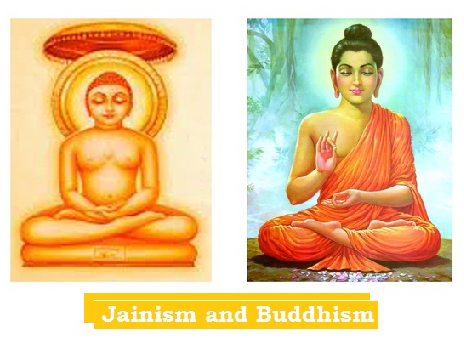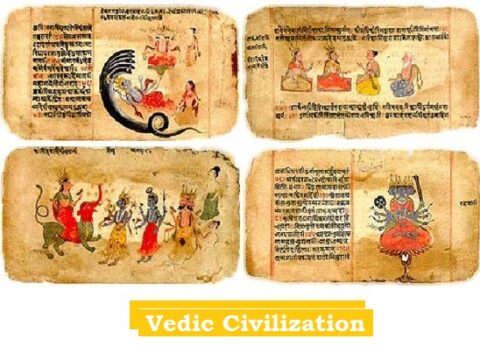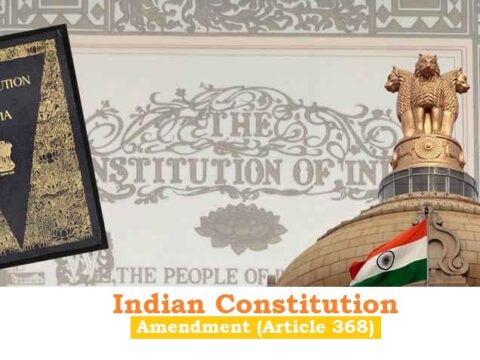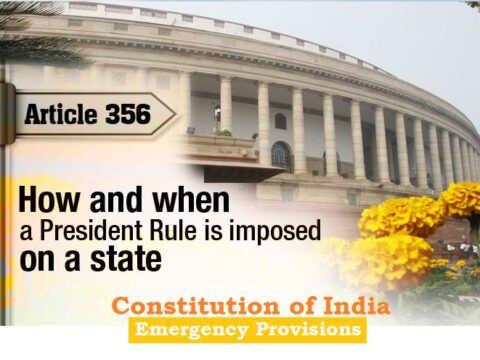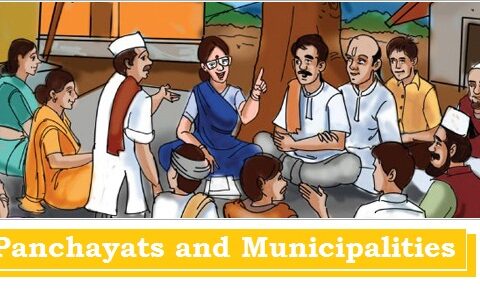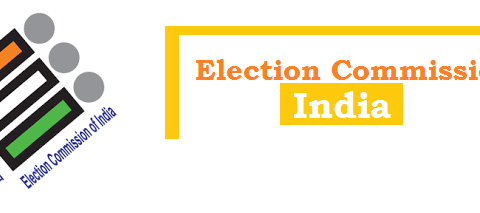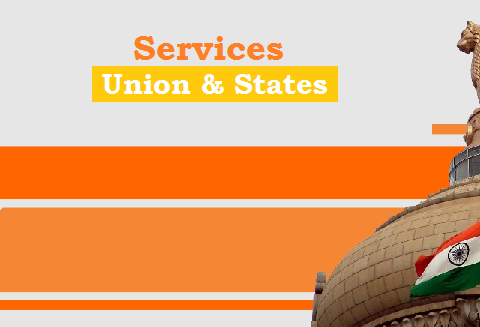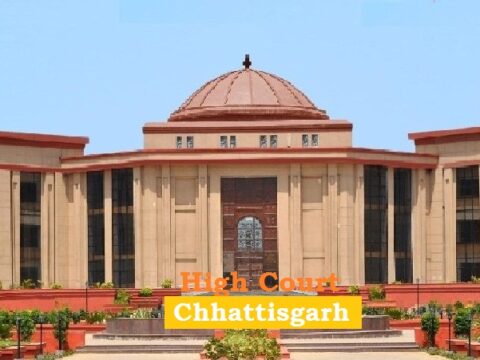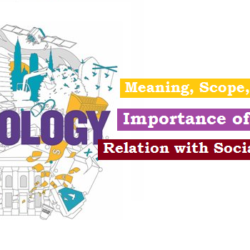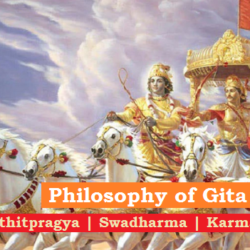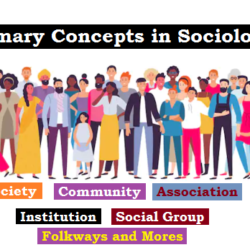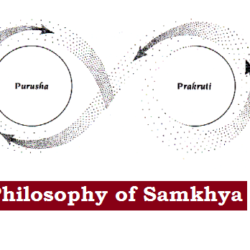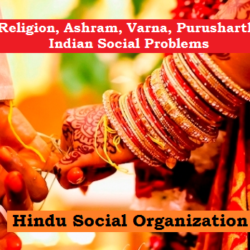Category: Paper-III
Jainism and Buddhism
Jainism and Buddhism are two ancient Indian religions that developed in Magadha Kingdom and continue to thrive in the modern times. Mahavira and Gautama Buddha are generally accepted as contemporaries (5th century BCE). Jainism and Buddhism share many features, terminology and…
Vedic Civilization
Vedic Civilization started with the arrival of Aryans into the Indian Sub-continent and settled in the Indus region (known as land of seven rivers ‘Saptasindhu’) around 1500 BC from Central…
Amendment of the Constitution
Art 368 deals with the powers of the Parliament to amend the Constitution and its procedure. The amendment procedure laid down is rigid and flexible; flexible to include the changed…
Emergency Provisions in the Constitution
Art 352- Art 360 deal with emergency provisions, incorporated to safeguard the sovereignty, unity and integrity of the country. These provisions empower the Union Govt to meet certain unforeseen emergencies…
Panchayats and Municipalities
The history of Panchayati Raj starts from the self-sufficient and self-governing village communities. In the time of the Rig-Veda (1700 BC), evidence suggests that self-governing village bodies called ‘sabhas’ existed. With the…
Election and Election Commission
Part XV Art 324- 329 deals with elections. Art 324 provides for an independent Election Commission for the free and fair election. It vests power of superintendence, direction and control…
Tribunals and Administrative Tribunals
42nd Amendment added a new part XIVA to the Constitution for Tribunals: Administrative Tribunals (Art 323A) and Tribunals for other purpose (Art 323B) Administrative Tribunals: Parliament may provide for the…
Services under Union and State
Public Services (Art 308- 314):Constitution empowers the Parliament (States for State Services) to regulate the recruitment and conditions of service (including reasonable restrictions on the Fundamental Rights) (Art 309) They…
Relations between the Union and the States
The Constitution of India, being federal in structure, in Part XI divides powers- legislative, administrative, financial- between the Centre and the States. (Cooperative Federalism)The Centre- State relations can be divided…
High Courts & Subordinate Courts, Advocate General
Art 214-231 covers High Courts (HCs). Constitution provides for a HC in each state, also allowed for a common HC. Presently there are 24 HCs, their territorial jurisdiction is co-terminus…

 Home
Home Syllabus
Syllabus Contact Us
Contact Us